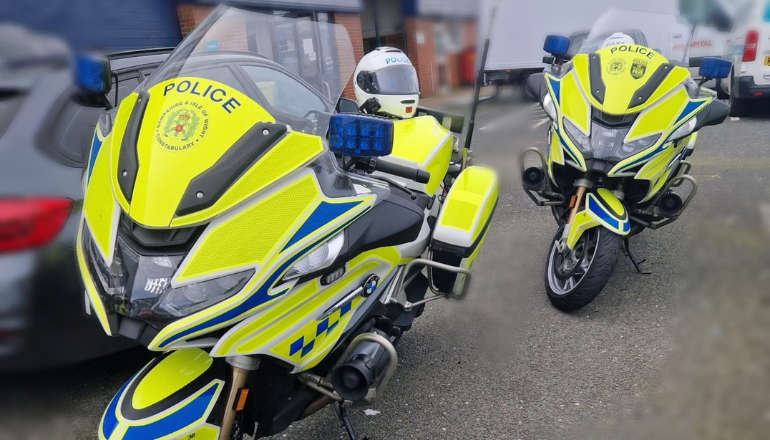
More than 100 driving offences were identified in the space of two days as part of proactive efforts to tackle crimes on Isle of Wight roads.
Over the course of Wednesday 20 and Thursday 21 March, mainland-based Roads Policing Unit (RPU) officers joined teams on the Island as part of Operation Wightwash.
Wightwash has been stood up in recent years to bolster our efforts in intercepting drivers committing offences on the road network, and is run at regular intervals throughout the year.
During the two day op this week, 117 offences were dealt with on the road, including the arrest of a driver suspected of being under the influence of cannabis.
One vehicle was seized because the driver had no licence – he was initially stopped by police after he was spotted driving whilst on his mobile phone. The officers dealing with this stop also identified that the vehicle had no MOT.
Another vehicle was taken to a weighbridge due to concerns surrounding the load it was carrying, and it was found to be 68% overweight.
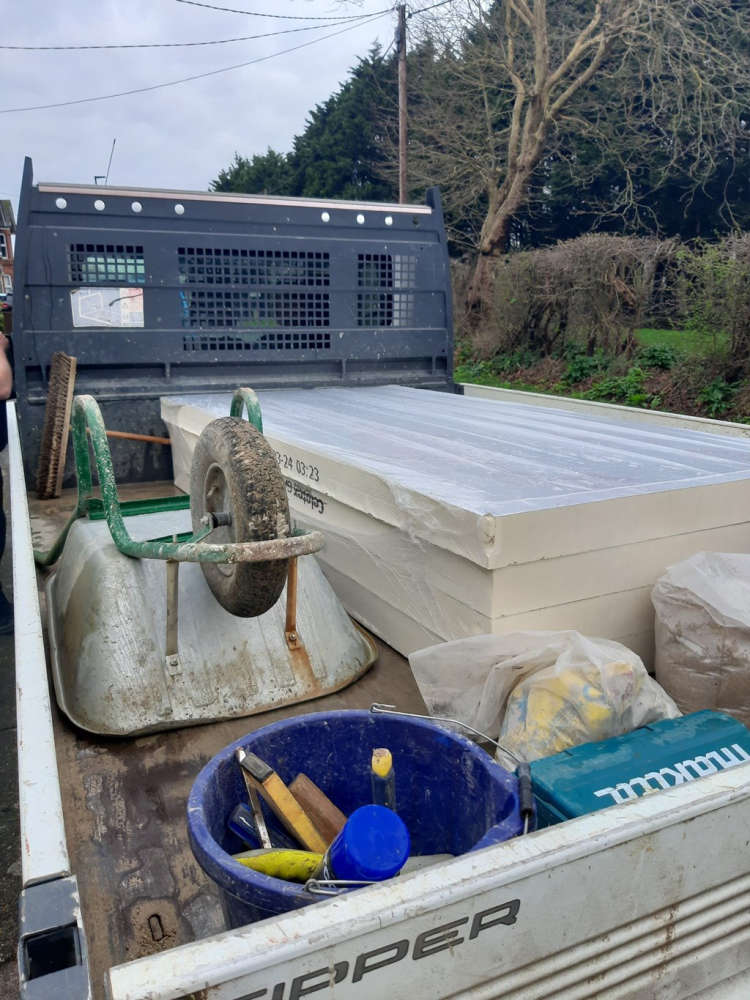
Throughout the op, other offences dealt with included:
- Drivers on their mobile phones
- Driving without seatbelts
- Insecure loads
- Excess speed
- Front windows excessively tinted
- Number plate offences
- Tyre tread issues
- Exhaust issues
- Licence offences
- Tax offences
- Vehicles driving through red lights
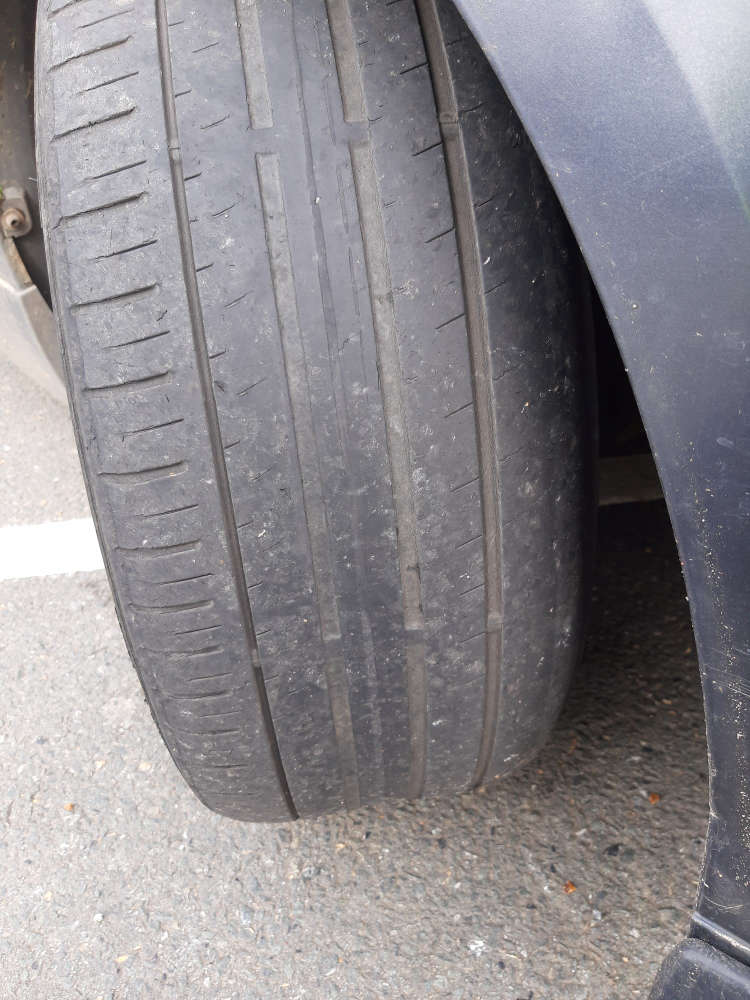
It’s not all doom and gloom however, with teams noticing an improvement in vehicles driving with secure loads and legal number plates when compared to previous Wightwash operations.
Road safety issues are regularly brought to our attention on the Isle of Wight, and are clearly of concern to Island residents.
Police want you to be reassured that we listen to these concerns, and regularly conduct enforcement action to target the minority of drivers whose standards fall far below what is legally expected of them.
Their activity has a particular focus on stopping drivers who display the ‘fatal four’ behaviours – these are the four poor driving habits that pose the greatest risk of leading to a serious or fatal collision, and include drink/drug driving, driving without a seatbelt, speeding, and mobile phone use while driving.


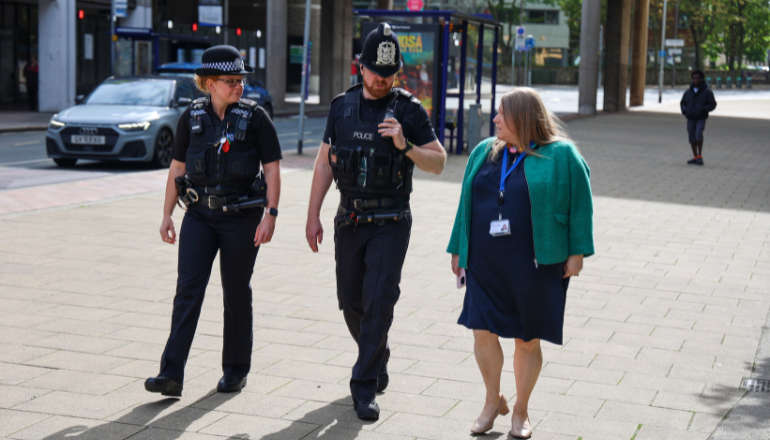 PCC Urges People To Hand In Blades To Curb Knife Crime Epidemic
PCC Urges People To Hand In Blades To Curb Knife Crime Epidemic
 Isle Of Wight Council Signs Tobacco Control Declaration In Commitment To Smoke-Free Future
Isle Of Wight Council Signs Tobacco Control Declaration In Commitment To Smoke-Free Future
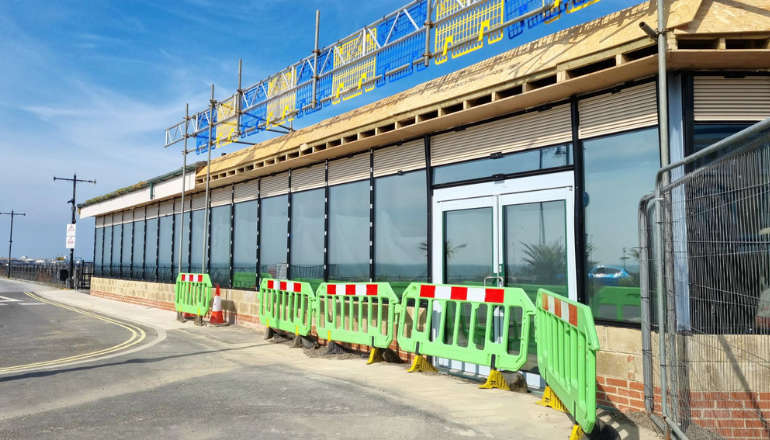 Hoarding Removed From Ryde Interchange To Reveal Smart Glazed Exterior
Hoarding Removed From Ryde Interchange To Reveal Smart Glazed Exterior
 Levelling Up Minister Pays Visit To Isle Of Wight To Address £20m Ryde Investment Plans
Levelling Up Minister Pays Visit To Isle Of Wight To Address £20m Ryde Investment Plans
 HRH The Princess Royal Meets East Wight Primary School Children Learning To Sail In Seaview
HRH The Princess Royal Meets East Wight Primary School Children Learning To Sail In Seaview
 Maritime Units Heading For Isle Of Wight Armed Forces Day
Maritime Units Heading For Isle Of Wight Armed Forces Day
 Funding Boost For Council Chairman's Chosen Charity
Funding Boost For Council Chairman's Chosen Charity
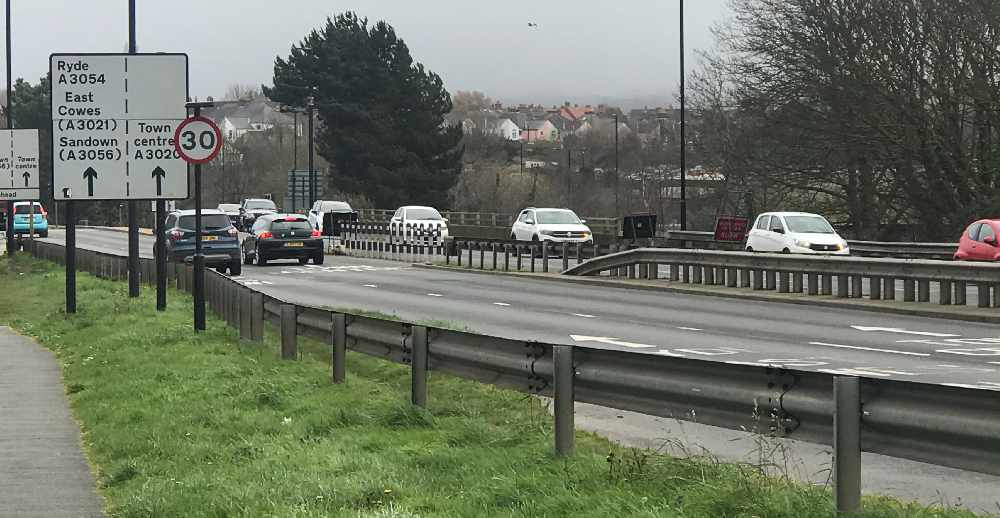 Medina Way Works In Place This Sunday
Medina Way Works In Place This Sunday
 Islander Georgie To Star On BBC1's Great British Sewing Bee
Islander Georgie To Star On BBC1's Great British Sewing Bee
 Labour's West Wight Candidate Outlines Island Plan
Labour's West Wight Candidate Outlines Island Plan
 Scam Warnings Issued For Isle Of Wight
Scam Warnings Issued For Isle Of Wight
 Islanders Invited To Take Part In Charity Fire Walk For St Catherine’s
Islanders Invited To Take Part In Charity Fire Walk For St Catherine’s
 New Company To Bid For Digital Radio Licence On The Isle Of Wight
New Company To Bid For Digital Radio Licence On The Isle Of Wight
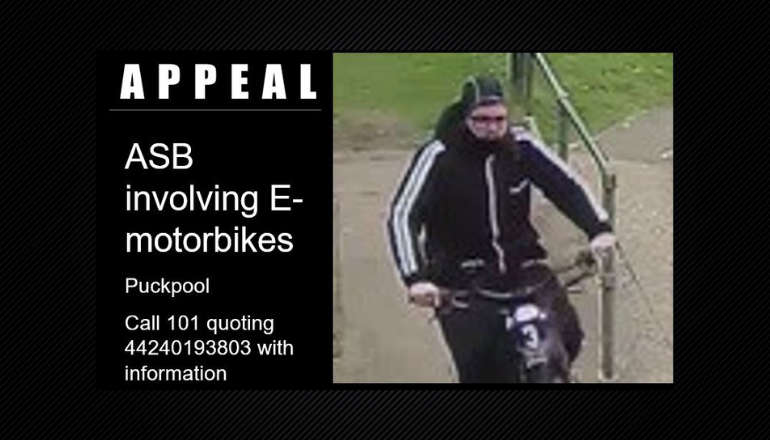 Police Respond To Anti-Social Behaviour Involving Electric Motorbikes In Puckpool
Police Respond To Anti-Social Behaviour Involving Electric Motorbikes In Puckpool
 New Records Set Following ‘Extraordinary’ Walk The Wight
New Records Set Following ‘Extraordinary’ Walk The Wight
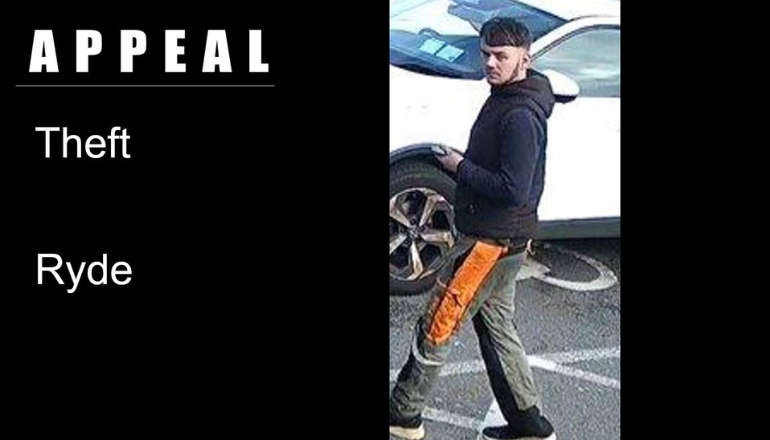 Appeal Launched Following Ryde Cashpoint Theft
Appeal Launched Following Ryde Cashpoint Theft
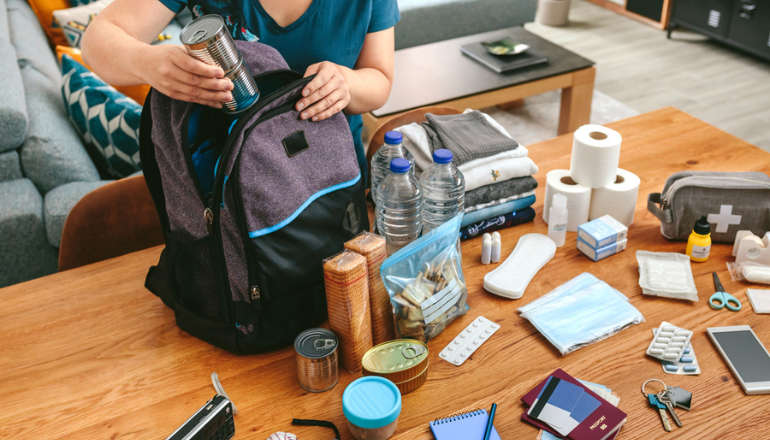 Islanders Urged To Make Sure They're 'Emergency Ready'
Islanders Urged To Make Sure They're 'Emergency Ready'
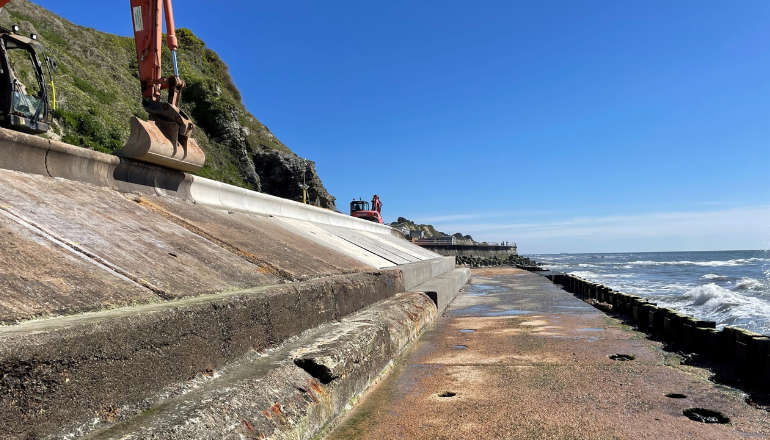 Cast Your Vote For New Sea Defence Scheme To Win People's Choice Award
Cast Your Vote For New Sea Defence Scheme To Win People's Choice Award
 Operation Sceptre - A Number Of Surrender Bins Across Isle Of Wight
Operation Sceptre - A Number Of Surrender Bins Across Isle Of Wight
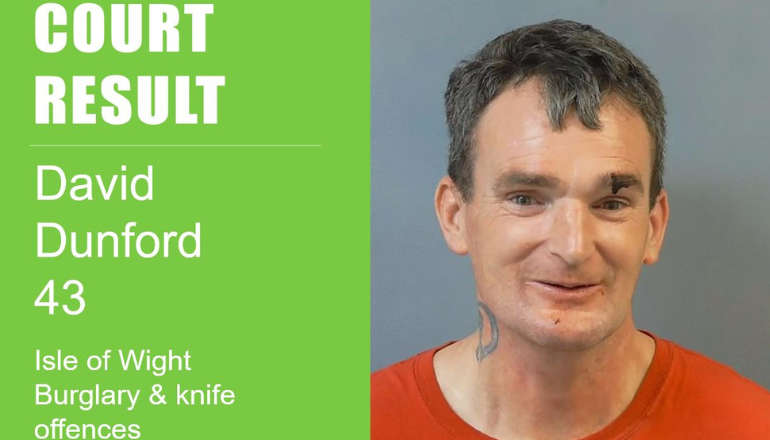 Man Jailed For Ryde Burglary And Knife Offences
Man Jailed For Ryde Burglary And Knife Offences


